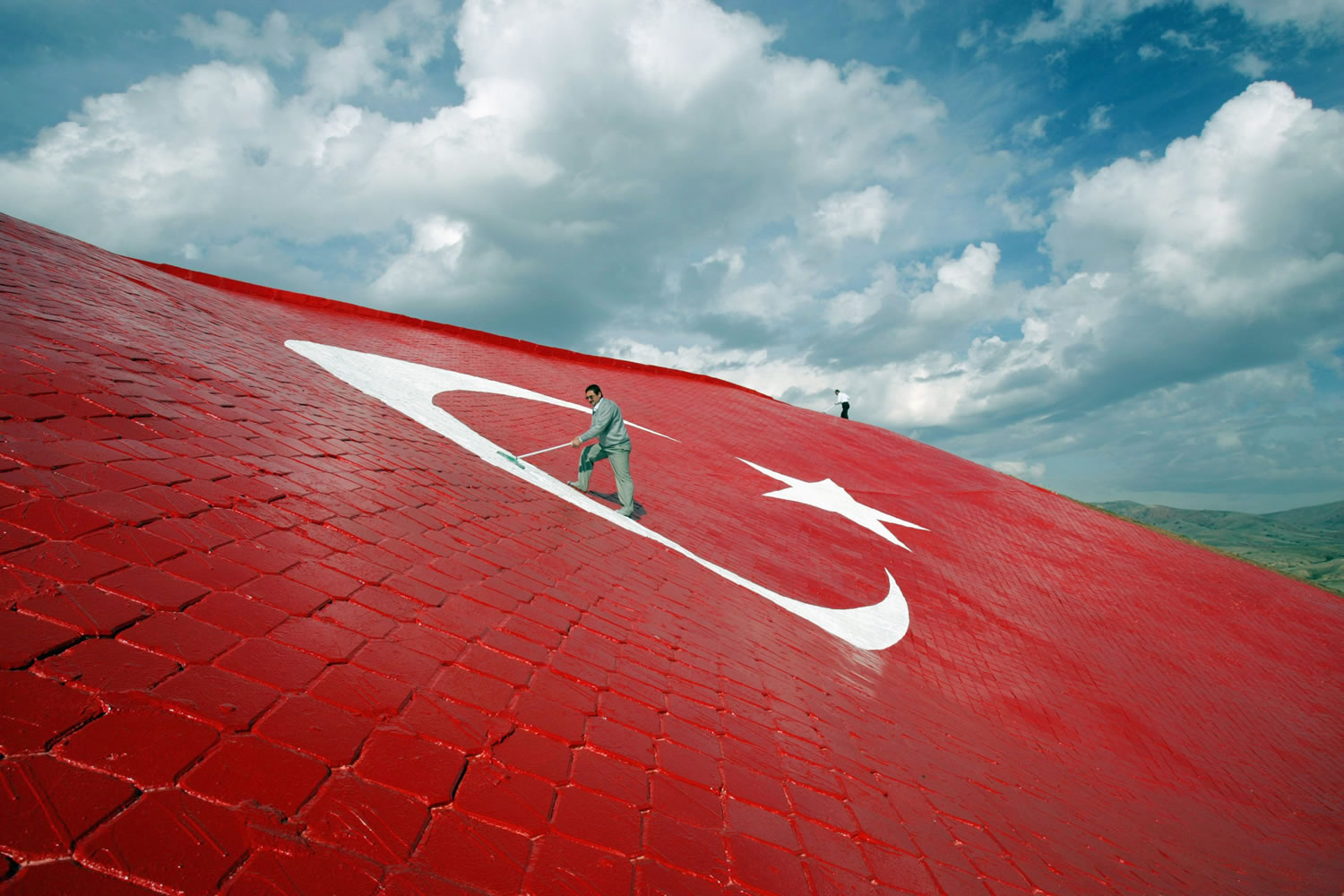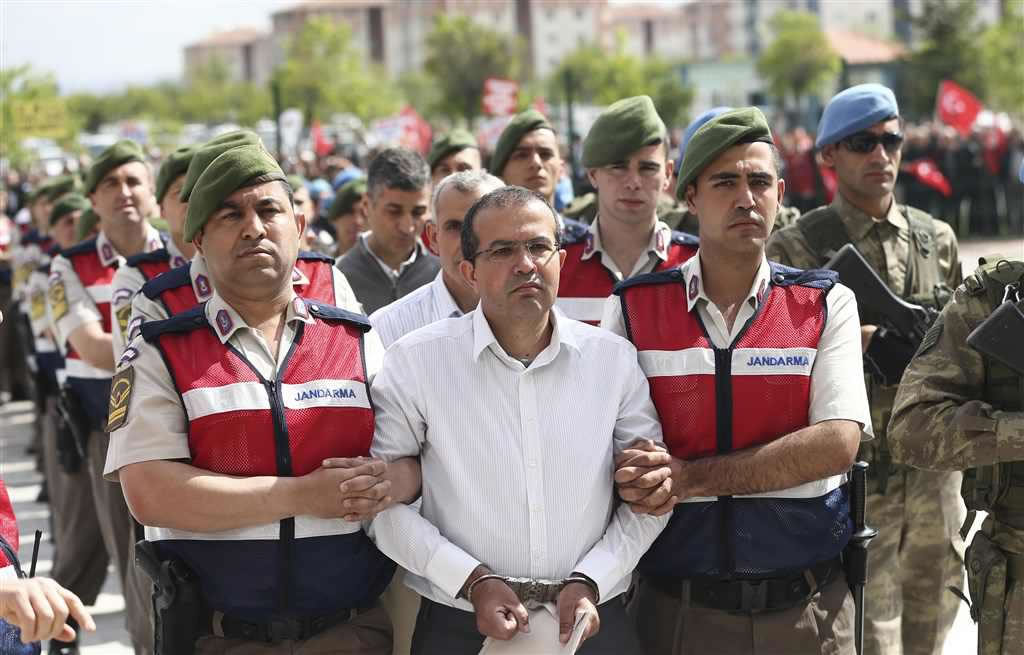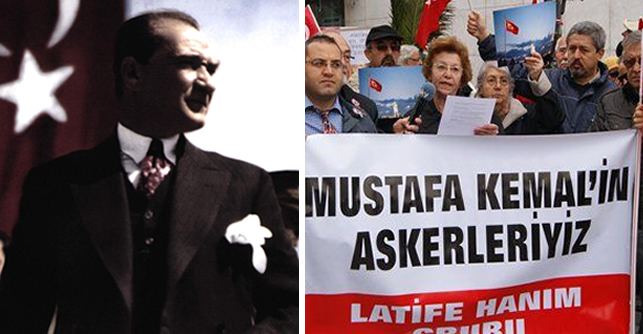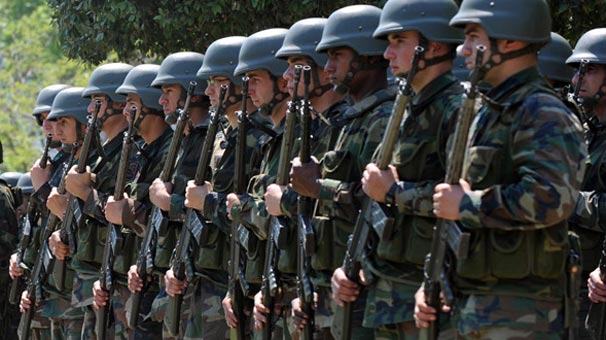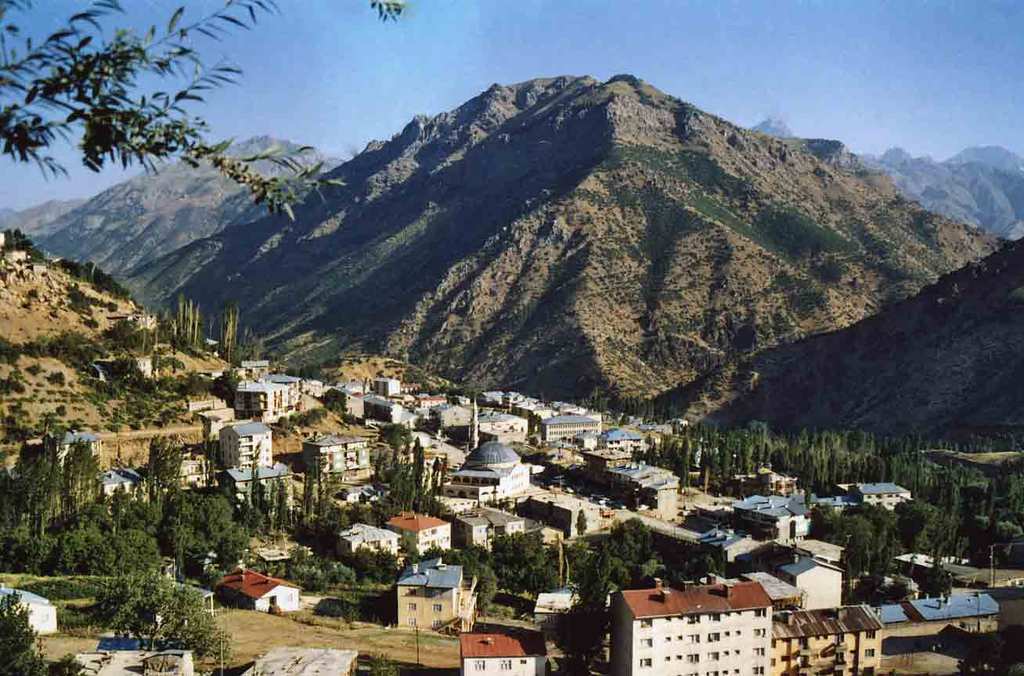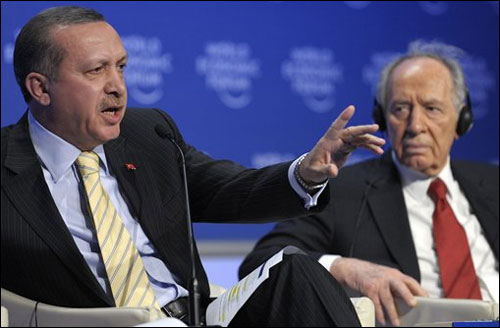By Michael Daventry | JamesInTurkey.com author
Overnight tonight, Turkey’s president Recep Tayyip Erdoğan will address parliament in the middle of the night. His speech will be at 2.32am, timed precisely one year after the moment Turkish Air Force helicopters began to shell the assembly building as MPs cowered in the debating chamber.
It was one of many violent incidents on the night of 15 July 2016, when a section of the armed forces attempted to capture Mr Erdoğan and topple his government.
The coup attempt was already failing by the time the bombs began to fall on the parliament building in Ankara, but most people in Turkey did not know that at the time.
What they saw was members of parliament using their phones to stream live video from inside the chamber. The footage was broadcast live on Turkey’s plethora of news channels, complete with the sound of crashing and screams.
It was absolutely terrifying.
Democratic unity…
In the year that followed the people of Turkey rallied around their democratically-elected government in an unprecedented show of unity and strength.
They took to the streets waving Turkish flags and spent weeks camping in town squares across the nation. Tens of thousands turned up to a cross-party rally in Istanbul.
“Turkey is not a country for military coups,” was the common refrain. “The victor will always be democracy.”
It was a powerful message from a country that has seen the military interfere in politics once every decade since the start of the Cold War.
But it was also just one side of the story.
…if you agree with the government
The reality is that post-coup Turkey is far from the perfect picture of unity that Mr Erdoğan’s AK Party would have you believe.
I am a Turkish citizen born after the last major military intervention in 1980 and my country has never been so divided in my lifetime.
The coup attempt was a clear criminal offence on multiple counts, so it is only natural that its perpetrators face justice. The government says it was executed by a clandestine network of operatives led by Fethullah Gülen, the Turkish-Muslim preacher living in Pennsylvania.
It declared a state of emergency to root out his many supporters (“terrorists”, it calls them) embedded within every government department, courthouse and military unit in the country. A number – including some retired generals – are now on trial accused of treason and terrorism.
But there is precious little to suggest the defendants are getting a fair trial. As they arrived for their first hearing, the suspects were paraded in front of braying crowds outside the courthouse.
One even hurled a rope fashioned liked a noose at them. The trial itself is frequently interrupted by chants and sobs from the public gallery.
And Mr Erdoğan and his justice minister have frequently mocked the defendants’ testimony and protestations of innocence, even though the trial is not yet over. It’s hard to believe the verdict will be anything other than guilty.
Regime change
In the year since the coup attempt, Turkey radically changed its system of government. The referendum that brought those changes remains in dispute – the opposition has still not conceded defeat – but regime change is already underway.
From the next election, which is scheduled in 2019, the post of prime minister will be abolished and replaced with an executive president who will form his own government, appoint judges and senior officials and retain the power to rule by decree – all subject to even less parliamentary oversight that we have right now.
Then there’s the plight of journalists and opposition politicians. Turkey was never a Scandinavian-style democracy plush with scrutiny and transparency, but things since the coup have become worse, not better.
Journalists under threat
And I can’t help but feel the threat is a little personal. Last November, I was fired by Turkey’s state-run Anadolu Agency for asking the deputy prime minister a question in London about his political past. A quick Google of my name reveals newspaper articles containing the words “Erdoğan” and “dictator” in the same headline.
I know plenty of people living in North London’s thriving Turkish and Kurdish communities who have been arrested, questioned or turned away when they handed over their passport at Atatürk Airport in recent months. Who’s to say for sure the same won’t happen to me?
I won’t exaggerate. I am far from Turkey’s most-wanted journalist. That ignoble title belongs to Can Dundar, who is not one of the 155 journalists Reporters Sans Frontières says are currently behind bars in Turkey because he is in self-imposed exile in Germany after he published a story that revealed weapons were being shipped, apparently by Turkish intelligence services, into the quagmire of the Syrian civil war.
He is being tried in absentia on charges of “revealing state secrets”.
A polished show of unity
This week, Turkey is running a swish PR campaign to cement in its version of the truth in the minds of the faithful at home and the disinterested abroad.
Mr Erdoğan’s 2am address is just one element: there will be late-night vigils and flag-waving galore, as well as an exquisitely polished reselling of that night’s events on television, in newspapers and online.
It is important to get the balance right. There is no doubt that the events of last July were traumatic: if you’re British, just try and picture the Royal Marines sealing off the Palace of Westminster and RAF jets doing low passes faster than the speed of sound over central London.
It is absolutely right that Turkey stops on its first anniversary to remember the horrors of that night and of what could have followed.
But the Turkish government is wrong to claim things are better now than before the coup. Personal liberties, judicial independence, press freedom: I have never seen it this bad.





